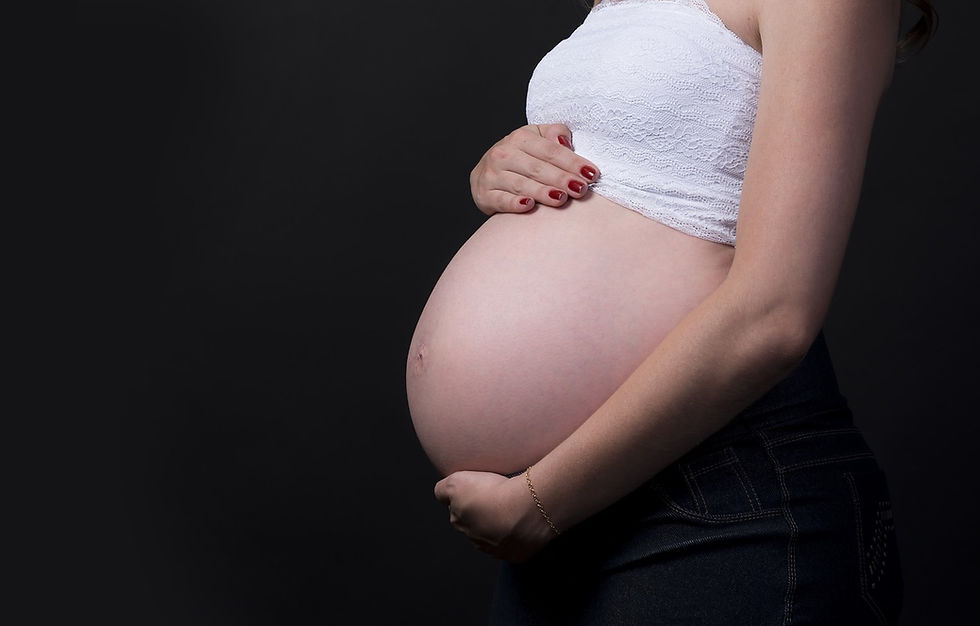Risk factors for post-partum depression and anxiety
- SAS Research Team

- Oct 23, 2021
- 2 min read
Maternal post-partum depression and anxiety is a common experience that is associated with poorer mother-child interactions and bonding. Studies have shown that early symptom identification can decrease illness longevity and severity, therefore it is crucial to understand prodromal signs and symptoms of anxiety and depression before and after delivery (van der Zee-van den Berg et al., 2021).
van der Zee-van den Berg et al. examined Dutch mothers with healthy babies one-month post-partum. Participants completed questionnaires regarding their mental health before, during, and after pregnancy, their perceived social supports, and their self-efficacy with regards to self-care and child rearing.
Results demonstrated that speaking a foreign language at home and experiencing depression prior to pregnancy were associated with increased risk of post-partum depression. The study did not find any risk factors for post-partum depression during pregnancy, but also noted that pre-existing depression rates during pregnancy in the study were unusually low. Breastfeeding initiation and cessation within 3 weeks of birth was associated with an increased risk of depression, but most notably, low maternal self-efficacy was strongly associated with depressive symptoms. Pre-pregnancy depression and pre-term labour were both strongly associated with post-partum anxiety. Like results for post-partum depression, low partner support and low maternal self-efficacy were associated with anxiety symptoms following birth.
Overall, van der Zee-van den Berg et al. highlighted that both post-partum anxiety and depression are maladaptive responses to overwhelming demands. Understanding how the prodromal symptoms present is critical to intervene early when symptoms arise.
Citation:
van der Zee-van den Berg, A. I., Boere-Boonekamp, M. M., Groothuis-Oudshoorn, C. G. M., & Reijneveld, S. A. (2021). Postpartum depression and anxiety: A community-based study on risk factors before, during and after pregnancy. Journal of Affective Disorders, 286, 158–165. https://doi.org/10.1016/j.jad.2021.02.062
Open Access (!)





Comments